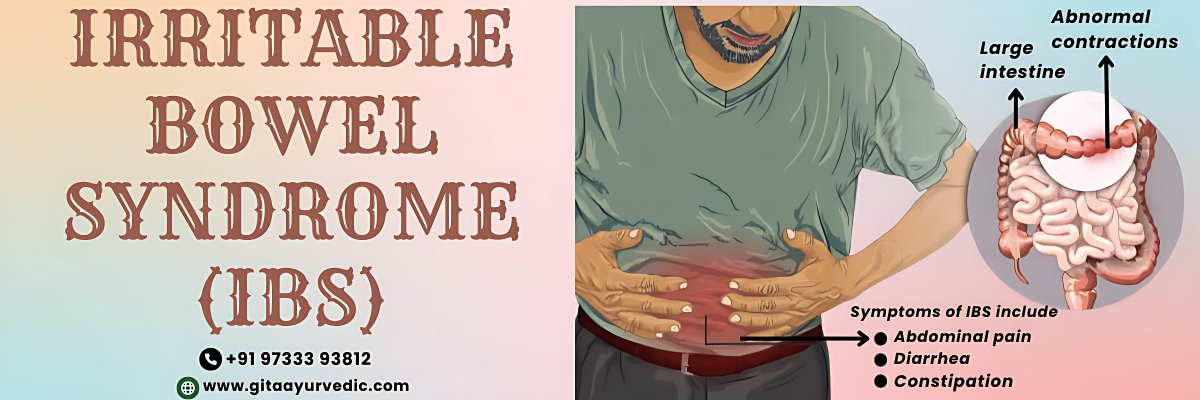IBS or Irritable Bowel Syndrome (IBS) is an illness that can be caused by a combination of damage to the stomach and other related problems. It can be characterized by a number of symptoms, including abdominal distension, irregular bowel movements, abdominal pain, difficulty in bowel movements, or changes in the normal bowel movements.
This condition can usually develop in response to dietary factors, such as protein, sugar, gastrointestinal proteins, high-fiber products, etc. Treatment is primarily based on diet, medication and lifestyle advice. If necessary, medications, nutritional supplements, mental health counseling, or other treatment measures are taken. For some people, continued treatment is needed such as psychotherapy or may be combined with daily exercise. There is no cure for IBS, but there are ways to manage the symptoms.
Although the causes of IBS are still unknown, it is believed that the entire gut-brain axis is affected. Recent findings indicate that an allergy-triggered peripheral immune mechanism may underlie symptoms associated with abdominal pain in patients with irritable bowel syndrome. IBS is more common in obese patients.
Symptoms of IBS include
- Abdominal pain or discomfort, which may be worse after eating and better after going to the toilet.
- Changes in bowel habits, such as constipation, diarrhea, or both.
- Changes in stool size or appearance, such as hard or small stools, or watery stools.
- Mucous stools.
- Abdominal bloating.
- gas.
There are factors that increase the risk of IBS, including
- Genetic factors: IBS can run in families.
- Intestinal infection: Some people think that IBS develops after a serious intestinal infection.
- Stress: Stress can worsen IBS symptoms.
To diagnose IBS
- A doctor will ask about your symptoms and perform a physical exam.
- They may also do tests, such as blood tests, stool tests or Colonoscopy.
Treatment of IBS
There is no cure for IBS, but there are ways to manage the symptoms. These include:- Lifestyle changes: These may include changes in diet, regular exercise, and stress management.
- Medicines: May help relieve symptoms such as pain, constipation, diarrhea and gas.
- Psychological treatment: Therapy can help you cope with stress and learn to live with IBS.
A definitive diagnosis of IBS has proven extremely difficult. Traditionally, the diagnosis of IBS has been made through a process of excluding other medically defined illnesses. As such, no specific or unique biopathology has been consistently demonstrated in IBS. There is a growing desire to develop diagnostic protocols due to the large cost burden and numerous patient referrals to GI clinics. The reluctance of physicians to use paraclinical methods in diagnosis and the potential for indiscriminate treatment of important and treatable diseases such as colon cancer has also added to this desire. Valid criteria that can lead to a positive diagnosis without the need for extensive and expensive testing are examined.
 |

|
 |
 |













